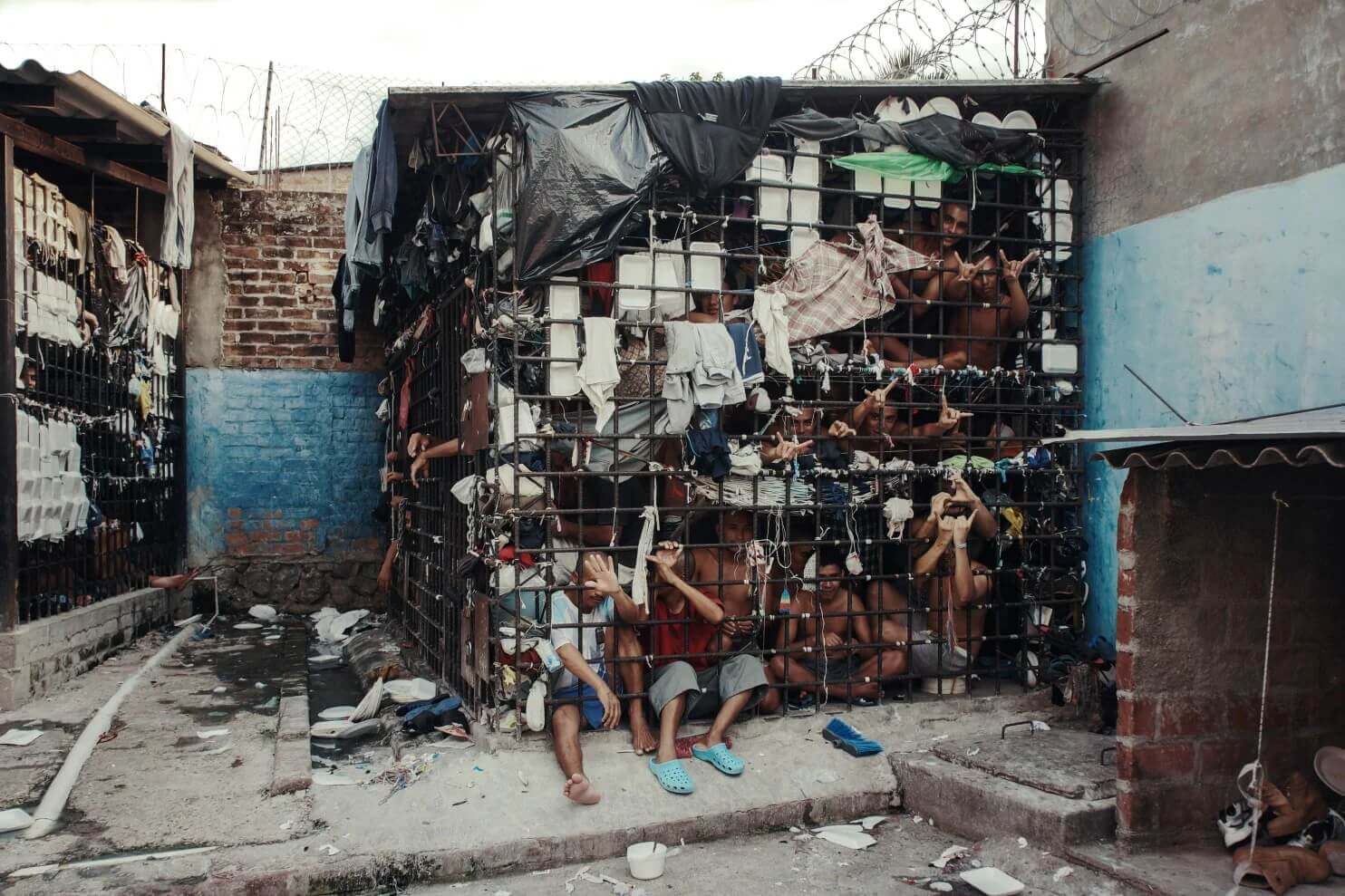In an effort to curb migration into the United Kingdom, the British government on Wednesday announced that asylum seekers from El Salvador can no longer enter the country without a visa.
The British Home Office asserted that it was forced to take the decision to a “sustained and significant” increase in the number of asylum applications from Salvadorans, multiplying from fewer than 40 prior to 2017 to 703 in 2021.
La decisión de introducir un régimen de visas se tomó debido al aumento sostenido y significativo durante los últimos 5 años en el número de salvadoreños que no tienen la intención de realizar una visita corta, sino que presentan solicitudes de asilo a su llegada al Reino Unido.
— UK in El Salvador🇬🇧🇸🇻 (@UKinElSalvador) May 11, 2022
The British ambassador to El Salvador, David Lelliott, said in a statement that “The visas provide access to the UK, while helping to protect its borders,” suggesting that the UK is not “closing its doors.”
He added that the new policy is line with the requirements placed on asylum seekers from “many other countries” with whom the United Kingdom shares “strong and friendly ties.”
Recordatorio:
— David Lelliott 🇬🇧🇸🇻 (@DavidLelliottUK) May 11, 2022
- Los salvadoreños ya necesitan visas para visitar el Reino Unido 🇬🇧.
- Pero no estamos cerrando nuestras puertas: hemos establecido un sistema para que los salvadoreños puedan pedir sus visas aquí en 🇸🇻. https://t.co/rIp4HhmHdf
The increasing amount of emigrations from El Salvador has been attributed to gang violence. According to official data, the country registered 1,140 murders in 2021 an average of 18 deaths per 1,00,000 residents. There are over 16,000 gang members in jails in the country. The country’s two main gangs are MS-13 and Barrio 18, which are believed to have at least 70,000 members between them.
This violence came to a head on March 26 and 27, when over 80 people were killed in a single weekend. President Nayib Bukele then imposed a “state of exception,” wherein he warned gang members that the path they have chosen can only lead to “prison or death.” More than 17,000 suspected gang members have been arrested since the order was imposed two months ago, with the United Nations High Commissioner for Human Rights alleging that the detainees have been subjected to “cruel, inhuman, or degrading treatment.”
Over 6,000 suspected gang members have been arrested by El Salvador’s National Police in the past 10 days.
— Top Story with Tom Llamas (@TopStoryNBC) April 5, 2022
The country went into a state of emergency over the rise in gang violence, but now human rights groups say President Bukele is abusing his power.@Guadvenegas reports. pic.twitter.com/7wQFIlVk5S
Congress voted to extend the emergency decree by another month on April 27. Define Minister René Merino defended the measure, saying that it has had a “positive effect.” The Bukele administration claims that crime has dropped and that citizens are “very satisfied” with the government’s approach to “making these gangs disappear altogether.”
The Decree of Emergency allows authorities to arrest suspects without a warrant and restricts their right to legal counsel. The amended rules also extend prison terms for convicted ‘gang lords’ from 6-9 years to 40-45 years and for gang members to 20-30 years.
A broad state of emergency adopted in El Salvador to address gang violence suspends a range of basic rights, opening the door to abuse.
— Juan Pappier (@JuanPappierHRW) March 29, 2022
The strategy seems to be ‘first arrest, then tweet, and investigate later.’@HRW press release: https://t.co/afqkAC1RPq pic.twitter.com/v8UGqU2MwA
Bukele has frequently drawn criticism for what has been interpreted as presidential overreach. For instance, in September last year, the Constitutional Chamber of El Salvador’s Supreme Court informed the Supreme Electoral Tribunal that President Nayib Bukele is allowed to run for a second consecutive term in 2024, overruling a 2014 ruling that prevents a head of state from seeking re-election for another ten years. He is also reportedly planning to extend the presidential term from five years to six years, a goal which was made all the more easier after he secured a parliamentary majority last May.
Similarly, in February 2020, he ordered the armed forces to storm the Congressional building in order to pressure lawmakers to approve a $109 million loan to the Central American Bank for Economic Integration.
Bukele’s authoritarian tendencies have generated concerns among opposition leaders, rights groups, and international actors, including the United States, about the erosion of democracy in the country.
Recognising that this situation is quickly spiralling into a situation in which hundreds of Salvadorans are seeking an escape route, the UK has moved swiftly to introduce visa restrictions on citizens of the country, who previously had visa-free access to the UK. Aside from gang violence, Salvadorans are also concerned about Bukele’s economic management, after he recently made El Salvador the world’s first country to accept Bitcoin as legal tender.
BREAKING: The UK govt has unveiled plans to send asylum seekers who reach Britain to Rwanda
— Stefan Simanowitz (@StefSimanowitz) April 13, 2022
PM will announce the plans in a speech tomorrow
It’s long been the govt’s ambition to ‘offshore’ migrants
The UK has made a deal with Rwanda
Forget #LePen in France
This is draconian https://t.co/AWPeQ8Tt2c pic.twitter.com/8DHF3DaJCI
The move forms part of a wider anti-immigrant push by the Johnson administration. It recently announced a controversial new migrant resettlement plan, whereby an unspecified number of illegal immigrants who cross the English Channel will be relocated to Rwanda.
Critics, rights groups, and even the United Nations have described the deal as “shockingly ill-conceived” and “far removed from humanity.”

